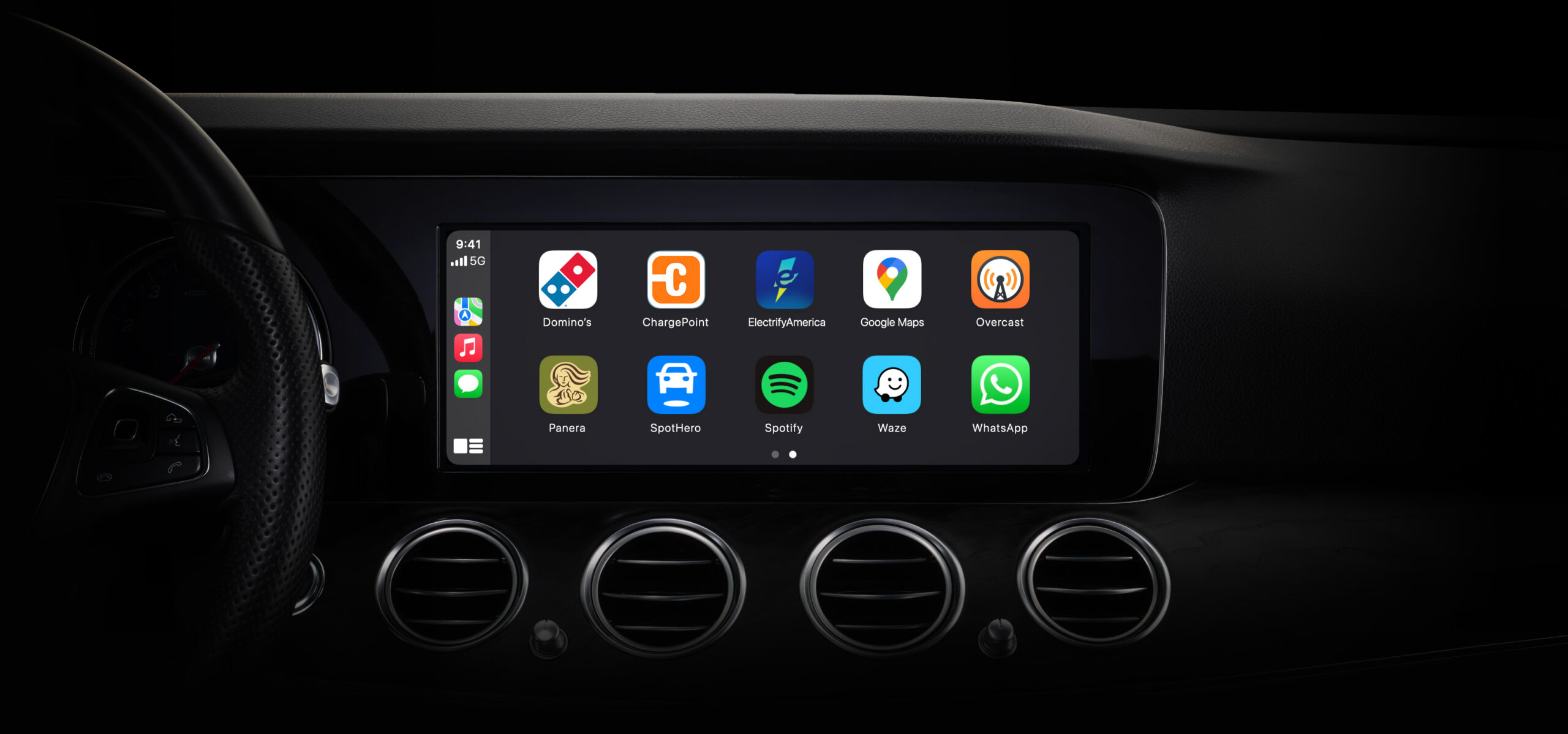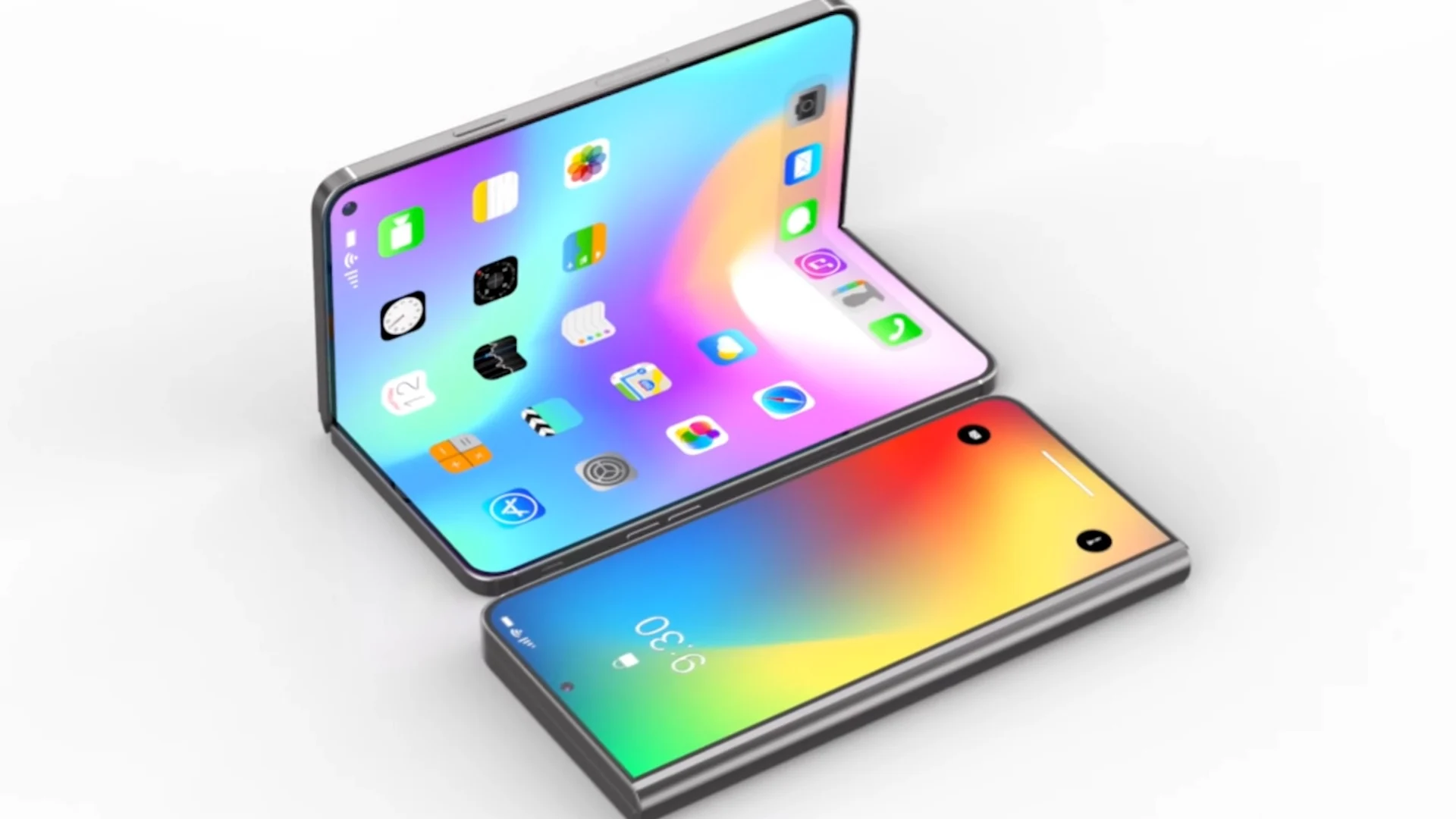In Brazil, Apple is facing two big issues with its iPhone policies. First, the country’s antitrust group, CADE, is looking into Apple’s rules for using the iPhone’s NFC chip, which handles contactless payments. Brazilian banks say Apple’s strict rules and a fee of up to 0.17% per transaction make it hard for them to compete.
This fee is charged when banks use Apple’s NFC system for payments, unlike Google, which offers a similar feature for free. CADE started this investigation after banks complained that Apple’s control over NFC creates an unfair advantage, especially for its own payment system.
Second, a Brazilian court has ordered Apple to allow sideloading on iPhones within 90 days. Sideloading lets users install apps from outside the App Store. This ruling came after a complaint from MercadoLibre, a major e-commerce company, which argued that Apple’s App Store rules block fair competition.
CADE decided that Apple’s restrictions, like forcing developers to use its payment system, are illegal. Apple tried to delay this change, saying it could harm user privacy and security, but the court disagreed, noting Apple already allows sideloading in places like Europe without major issues.
Apple plans to appeal both decisions, arguing that its rules protect users. However, CADE’s investigations show Brazil is serious about making tech companies play fair. If Apple doesn’t follow the court’s orders, it could face hefty fines. These cases highlight growing global pressure on Apple to open up its iPhone ecosystem.




